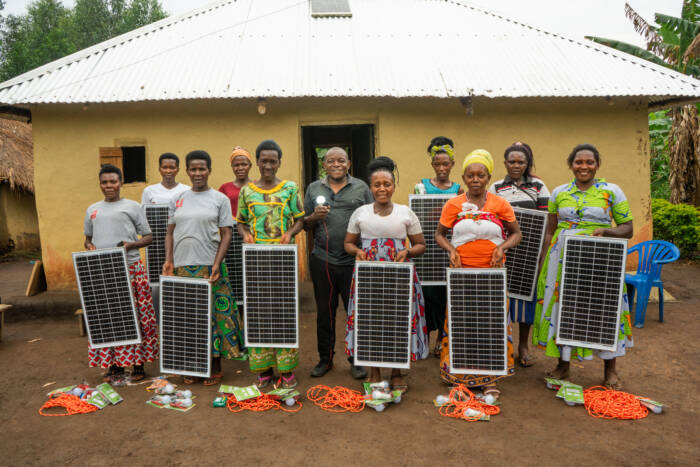Climate week is opening in New York, after a weekend of horrific wildfires and floods of the last few weeks, the results of the topsy-turvy unpredictability of the climate crisis that we face, this week also marks the beginning of what has become one of the most critical periods for the climate movement —the “climate season.”
Starting with the UN Summit for the Future, we will witness a rapid succession of high-stakes events, including New York Climate Week, the G20 in Brazil, and the UN climate talks in Azerbaijan. These gatherings, and the many others that will follow, are supposed to bring the world’s leaders together to craft and agree on solutions to the most pressing existential threat of our time, climate change
Let’s be blunt: we are way too late taking action.. and it seems like we are not standing still but standing on a slippery slope to retrogression. Humanity’s continued reliance on fossil fuels is fueling a planetary crisis that grows more intense with each passing day. The impacts of climate change are no longer a distant threat, but a present reality, manifesting in devastating wildfires, catastrophic floods, and record-breaking heat waves across the globe. Current levels of CO2 emissions put us on a trajectory to sail well past the critical threshold of 1.5 degrees Celsius, beyond which the consequences for ecosystems, economies, and human lives become increasingly severe and irreversible.
The irony is that while there has been progress—incremental, patchwork, and piecemeal—it is nowhere near the scale or speed necessary to tackle the extreme weather events we are experiencing. The time for talking has long passed. The world’s governments must stop procrastinating, equivocating, and stalling. We need to see decisive action, and we need to see it now. If this climate season is to mean anything at all, it must serve as a springboard for real, transformative change.
But governments, world leaders, and these global processes are only one part of this story. In every corner of the globe, communities are uniting to build a future free from fossil fuels — a future where energy is safe, affordable, and reliable. As the fossil fuel era wanes, it is time to literally return power to the people.
Community renewables are not new; they have been around for some time, but they have become more accessible, with so many examples of success stories across the globe. Projects like RePower Afrika, which launched in July this year. Repower Africa is a transformative initiative empowering communities and fostering sustainable development through renewable energy solutions. By 2025, REPower Africa aims to provide electricity to 100 villages along the East Africa Crude Oil Pipeline (EACOP) route with solar installations. In the Pacific, Our Pawa represents the islanders’ fight for the future and about building capacity so that Pacific Islanders have the tools they need to make the renewable energy transition work for them. Sacred Earth Solar is an Indigenous-led organization that works in solidarity with impacted Indigenous communities who are protecting their homelands by bringing solar power directly to the frontlines. Bringing energy into community ownership is more than just a step toward improving energy. Its about energy access, tackling fuel poverty, improving air quality, and local democracy- it is an act of climate justice.
But community energy projects cannot thrive in a vacuum. They require political, financial and technical support from governments, international organizations, and the private and public sectors.
And this is why we are here in New York: as every tenth of a degree counts, every single one of these meetings counts. We must make these summits count for something, it is in our collective interest to ensure they live up to the needs of our communities. This is how we are fighting the oil and gas giants—with hope, with community, with vision—tooled with solar panels and wind turbines.

The post Turbo Charging A New Era of Community-Driven Renewable Energy appeared first on 350.

 1 day ago
20
1 day ago
20

